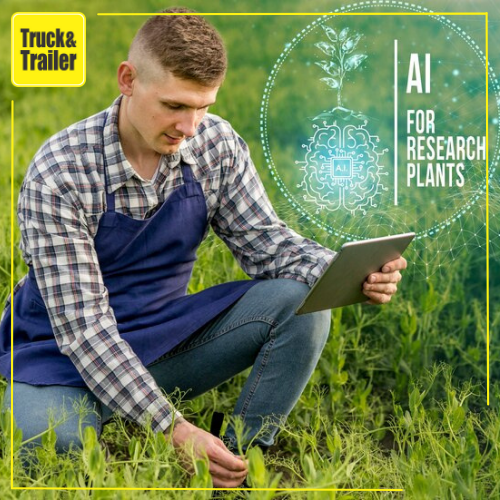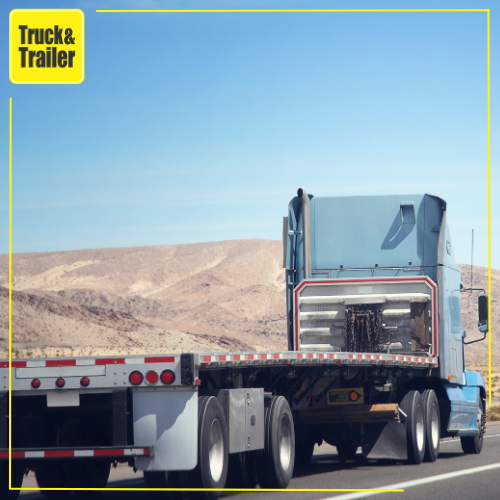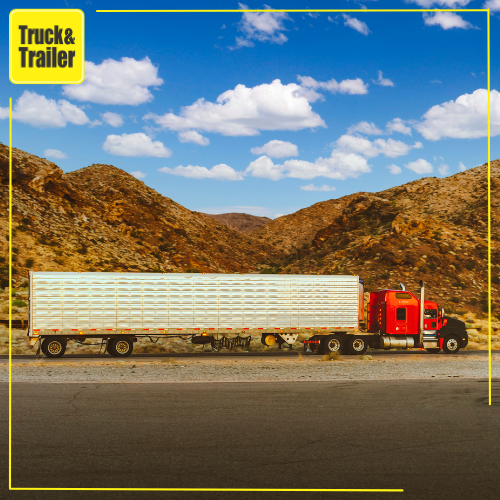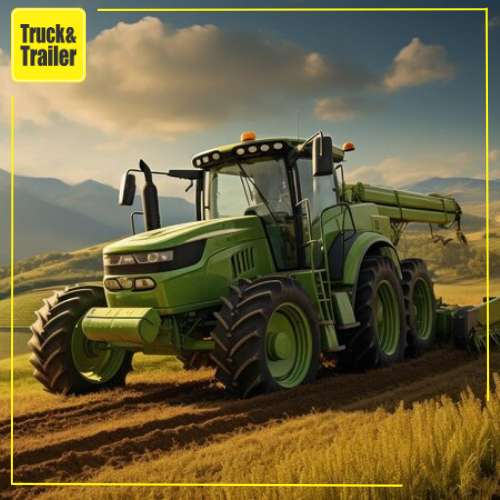
From Field to Fork: The Role of Farm Equipment in Modern Agriculture
Date: 22/11/2023
Modern agriculture is a complex and dynamic industry that plays a pivotal role in feeding the world's growing population. It has evolved significantly over the years, thanks in large part to advancements in farm equipment. From humble beginnings with basic hand tools and animal-driven plows, agriculture has transformed into a high-tech industry with a wide array of machinery designed to increase efficiency, productivity, and sustainability. In this article, we will explore the crucial role of farm equipment in modern agriculture and how it has revolutionised the way we produce food.
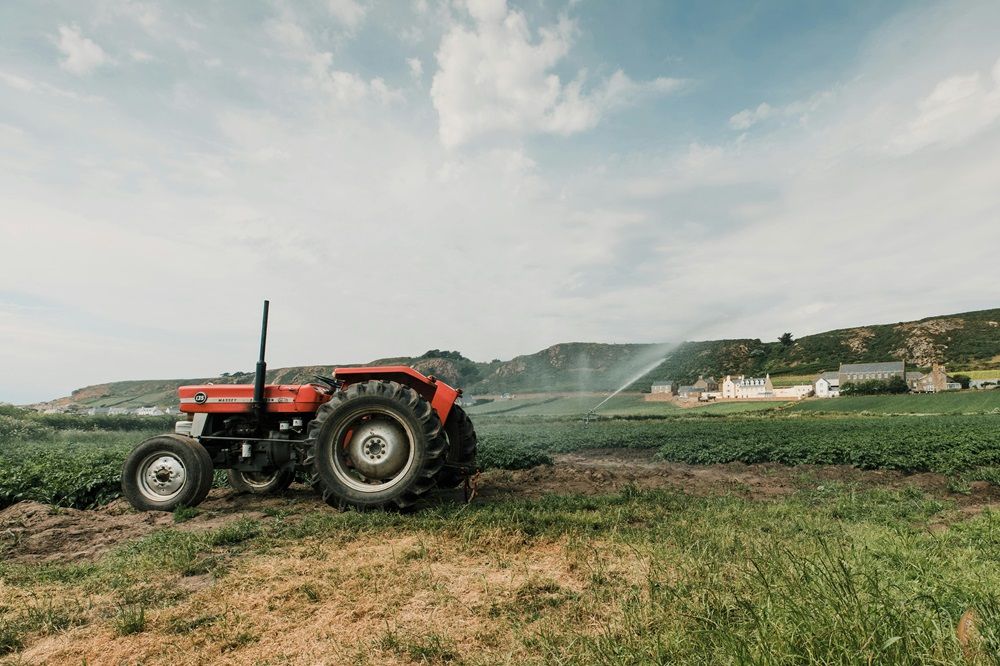 Photo by Lucian Petrean on Pexels
Photo by Lucian Petrean on Pexels
What is the Role of Farm Equipment in Modern Agriculture
The role of farm equipment in modern agriculture in South Africa is crucial for the country's agricultural sector, which plays a significant role in its economy. As with many other parts of the world, South African agriculture has undergone substantial transformations over the years, and the adoption of modern farm equipment has been a key driver of these changes. Here's a closer look at the significance of farm equipment in modern agriculture in South Africa:
1. Increased Productivity:
Tractors and Plows: The use of modern tractors and plows has allowed South African farmers to cultivate larger areas of land more efficiently. This increase in productivity is essential for meeting the growing demands for food in both domestic and international markets.
Mechanised Planting and Harvesting: Modern seed planters and combine harvesters have streamlined the planting and harvesting processes, contributing to higher yields and reduced labor requirements. This is particularly important in addressing the labor challenges faced by the agricultural sector.
2. Precision Farming Technologies:
GPS and Sensors: Precision farming technologies, including GPS-guided equipment and sensors, have found application in South African agriculture. These technologies enable farmers to optimise planting, irrigation, and harvesting activities by providing accurate data on soil conditions, crop health, and weather patterns.
Drip Irrigation Systems: In regions facing water scarcity, such as parts of South Africa, the adoption of precision irrigation systems like drip irrigation helps optimise water usage. This not only conserves water but also enhances crop yields.
3. Economic Impact:
Job Creation: While the adoption of modern farm equipment may reduce the need for manual labor in some aspects of farming, it also creates job opportunities in the manufacturing, maintenance, and operation of agricultural machinery.
Export Potential: South Africa's ability to produce higher quantities of agricultural products efficiently with modern equipment enhances its competitiveness in international markets, contributing to the country's agricultural exports.
4. Challenges and Opportunities:
Cost and Accessibility: One of the challenges faced by South African farmers is the cost of acquiring modern farm equipment. Access to financing and government support programs can influence the adoption of these technologies among smaller and emerging farmers.
Sustainability Concerns: As in other regions, there is a growing emphasis on sustainable agriculture in South Africa. Balancing the benefits of modern equipment with environmental considerations, such as soil health and energy consumption, is an ongoing challenge.
5. Government Initiatives:
- Support Programs: The South African government has implemented various support programs to encourage the adoption of modern farm equipment. These may include subsidies, grants, and training initiatives aimed at enhancing the capabilities of farmers in using advanced agricultural technologies.
Historical Perspective
To appreciate the significance of modern farm equipment, it's important to look back at the history of agriculture. For centuries, farming was labor-intensive, with people relying on simple tools like hoes and sickles to cultivate crops. This limited the amount of land a single farmer could work and constrained agricultural output. However, the Industrial Revolution brought about significant changes, as mechanisation became more widespread.
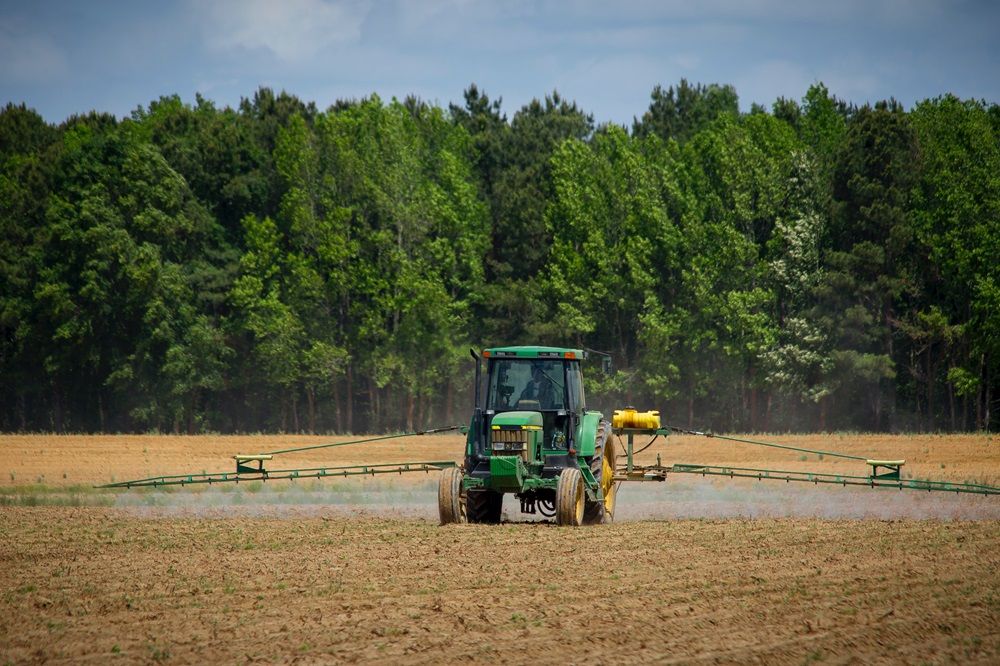 Photo by Mark Stebnicki on Pexels
Photo by Mark Stebnicki on Pexels
The Mechanisation Revolution
The late 19th and early 20th centuries saw a dramatic shift in agriculture with the invention and widespread adoption of farm machinery. Innovations such as the steam engine, the tractor, and the combine harvester revolutionised the way crops were planted, cultivated, and harvested. This mechanisation drastically increased farm efficiency and enabled farmers to produce more food with fewer labor inputs.
Modern Farm Equipment
Today, modern agriculture relies on a wide range of sophisticated machinery. Here are some key pieces of equipment that have transformed farming:
a. Tractors: Tractors are the workhorses of modern agriculture. They are used for a variety of tasks, from plowing and planting to hauling and spraying. Tractors come in various sizes and configurations, and many are equipped with advanced technologies like GPS guidance systems for precise field operations.
b. Combine Harvesters: Combine harvesters are marvels of engineering that efficiently harvest and thresh crops like wheat, corn, and soybeans. They can process acres of fields in a matter of hours, reducing the need for manual labor during harvest seasons.
c. Precision Farming Technology: GPS, drones, and sensors have transformed farming into a data-driven industry. Farmers can now monitor soil conditions, crop health, and weather patterns with unprecedented accuracy. This data allows for precise decision-making, optimising resource use and reducing environmental impact.
d. Seed Planters and Irrigation Systems: Modern seed planters can precisely space seeds and apply fertilisers, optimising crop yield. Irrigation systems, including drip irrigation and center pivot systems, ensure that crops receive the right amount of water at the right time, increasing water efficiency.
Overall, farm equipment has played a pivotal role in transforming agriculture from a labor-intensive industry into a high-tech, efficient, and sustainable sector. The evolution of farming machinery has enabled us to produce more food with fewer resources, contributing to global food security. As we face the challenges of feeding a growing population and addressing environmental concerns, the role of farm equipment in modern agriculture remains critical. Continued innovation and investment in this sector will be essential to ensure a bright and sustainable future for agriculture.



